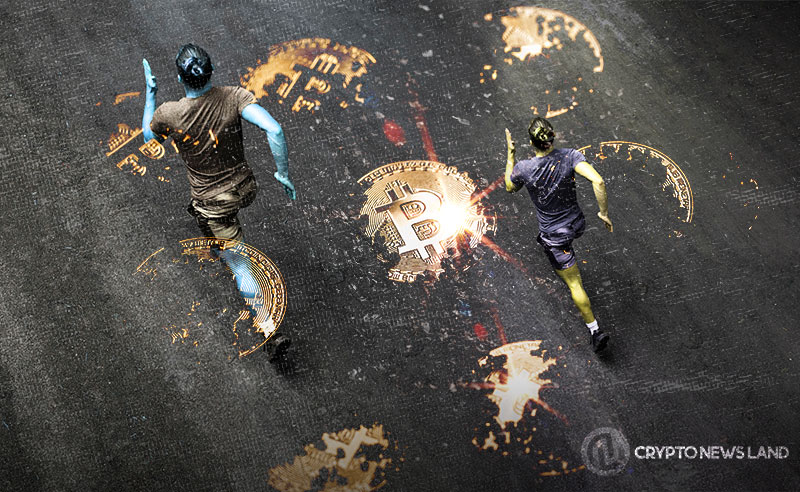- Foundry USA and Antpool now have more than 60% Bitcoin hash rate, which increases the problem of centralization in the Bitcoin network.
- Centralization of mining power introduces the threat of a 51% attack where a single party gains control over the blockchain.
- As mining increasingly consumes resources, small miners cannot afford to mine Bitcoins due to increased costs and hence consolidation of companies.
The Bitcoin network is experiencing a flow of the mining market where only two mining pools control the hashrate of the network. This development has provoked concerns about possible centralization, a situation that may resist the decentralized nature of the Bitcoin system.
In the current data, Foundry USA IS and Antpool stand in the center stage of the most influential bitcoin mining, accounting for more than 60 percent of the network blockage. Antpool and recently foundry USA alone contribute more than 29% of the seven-day block mined. This has led to much debate within the community regarding possible negative implications associated with hash power’s centralization.
In the past, there have been various Bitcoin pools for mining with different parties sharing the blocks of blocks to mine. But gradually, there is a decline in the number of pools but these are more centralized and much more intensive. The consequences of this change are rather profound, as various issues regarding the stability and safety of the Bitcoin network have emerged.
Network Security and Community Concerns Implications
This, in turn, has caused an alarm over what is referred to as a 51% attack whereby a group will control more than 50% of the network’s hashing rate thus controlling the blockchain. Although there might be no collaboration between these pools, the existence of an attack on the network affects the reputation in the network negatively.
Secondly, mining Bitcoin has become more complex over time, meaning that specialized and costly hardware is needed to solve the algorithms.This hence makes it difficult for small pool miners or even individual miners to compete. This has led to the consolidation of mining power with larger organizations that can afford to undertake this activity.
The discussion shows that, as Bitcoin matures, the centralization of its mining power remains a challenge for the community to deal with. This is even more problematic when it occurs among large pools.This is because it may potentially reduce network decentralization should the instance occur. Therefore, it will be important to follow how the Bitcoin community responds to this challenge as this will determine the future of the network. The present context also reveals the need for constant examination and development of safeguard and protection of the environment of Bitcoins.
Read also
disclaimer read moreCrypto News Land, also abbreviated as "CNL", is an independent media entity - we are not affiliated with any company in the blockchain and cryptocurrency industry. We aim to provide fresh and relevant content that will help build up the crypto space since we believe in its potential to impact the world for the better. All of our news sources are credible and accurate as we know it, although we do not make any warranty as to the validity of their statements as well as their motive behind it. While we make sure to double-check the veracity of information from our sources, we do not make any assurances as to the timeliness and completeness of any information in our website as provided by our sources. Moreover, we disclaim any information on our website as investment or financial advice. We encourage all visitors to do your own research and consult with an expert in the relevant subject before making any investment or trading decision.




